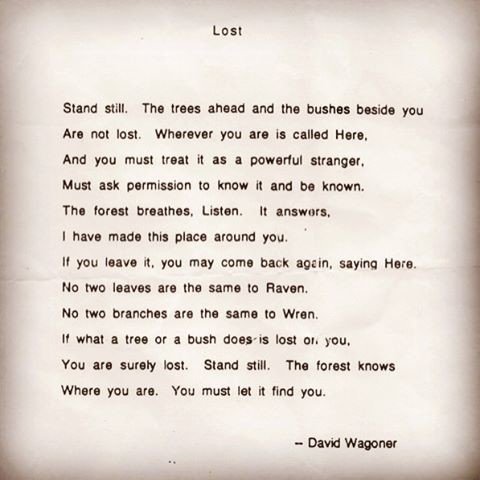The key to productivity? Stop working

Do you feel like there is never enough time in the day to finish all your work?
We could probably work for every single minute of every day, and never get it all done. And yet, I've noticed that stopping work can help you to answer some very important questions. It's something I wish I had done in previous nonprofit jobs.At OIC, I work with some of most dedicated people I've ever worked alongside. Though we don't necessarily work long hours, compared to a law firm for example, we have a small but productive unit. A few months back, someone who had been following our progress commented that we must have a staff load of about a hundred people. At the time, we had five.On one day last month, we did our best work, while working on nothing.Okay, a slight oversimplification. Every second month, OIC staff and volunteers have a Work On Anything (WOA) day. The idea is to have the space and freedom to answer the question "how can I, or OIC, do our work better?".
These are the rules: No emails or phone calls, no meetings, no work that you would ordinarily do Monday to Friday.
Lost by David Wagoner
The Australian tech company Atlasssian pioneered this idea. They've used this day to squash some major software bugs, to come up with new ideas, and get the team to be creative. It's great.Though I've heard about this day for a while, I've never been able to replicate it in my own workplace. And then, late last year, during a particularly hectic week, I read this poem - "Lost". It reminded me of how sometimes, we need to stand still in order to move forward. It now holds a place of pride on my wall.If the team at OIC is constantly running on the hamster wheel, turning work over and delivering, when do we get the chance to answer some very important questions, like:What internal policies and procedures are missing, and preventing us from being an efficient unit?What one great idea is going to take this organisation to the next level?If we're visitors helping out in Cambodia, how do we know when to leave?The last question is particularly important for OIC. We have an exit strategy to leave Cambodia in 2030.
We don't want to be in Cambodia forever.

Elise, Julia and Julien – OIC volunteers
When I worked with a large international NGO in the past, I remember how we never had the space to ask these kinds of questions. Why? Because we were too busy taking money from the donor, spending the money doing work, and then justifying more. This trap, the cycle of donor funding, is common to most NGOs.I want OIC to be different. I don't just want us to do good work. I want us to think about how we are doing it. And also, up until what point we should stop doing it.What has our team produced on previous WOA days? A 14-year strategy including an exit plan, costed down to the nearest dollar, in-house professional development guidelines, short video spots for future campaigns, policy changes to internal team communications, a new system to thank donors, and new websites.When our last WOA day was all over, I asked the staff and volunteers to reflect on the most surprising thing they learnt. Here are a couple of really interesting responses.
"Realise that I can work without Email or Facebook checking for a day (sic) and it makes me focus on the task I was working on."
"OIC is still a new project and we miss lots of guidelines and policies, e.g. how we thank donors. Glad we have 'Work on Anything' day where staff and volunteers can think creatively and take on tasks that are different from their usual."
At the start of the day, some of the newer team members seemed uncomfortable with this WOA days. They felt pushed outside their comfort zone. But each of them had a lightbulb moment at some point during the day. "Ah that's right, I'm allowed to be creative, instead of answering emails all day." A.A. Milne once wrote: "Don’t underestimate the value of doing nothing, of just going along, listening to all the things you can’t hear, and not bothering."
I wish more of us wanting to help would first listen and reflect, without necessarily launching into action.
Work On Anything days have forced us to stop and think before we act. How do you ensure that you take the time to reflect and think in your workplace? I'd be interested to know in the comments.


